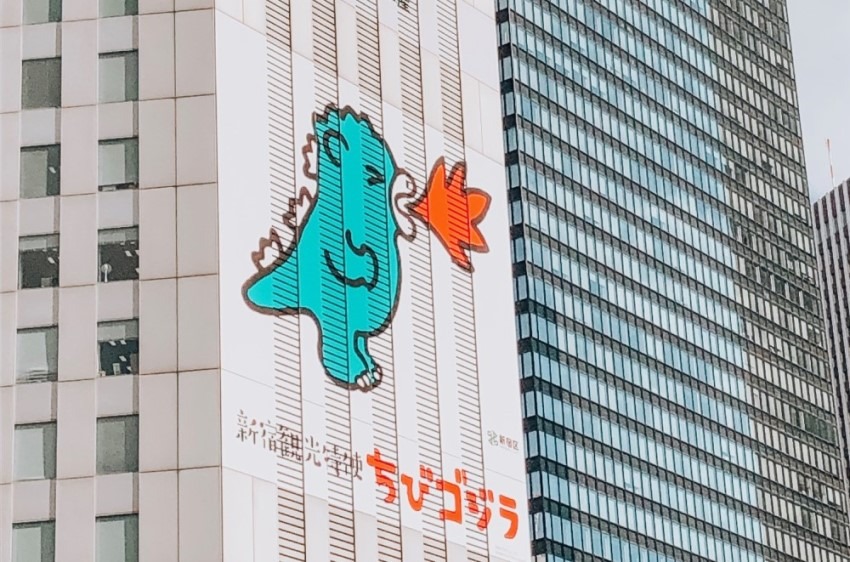
Japanese Culture

Japanese Culture
Easy to remember & good to know information about Japanese Culture if you are visiting for the first time (or need a refresher!)
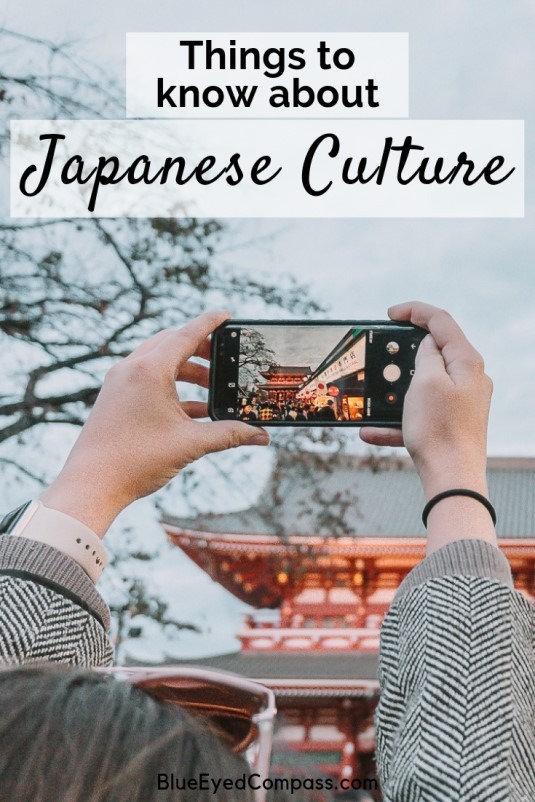
Last Updated April 8th, 2020
Japanese culture is known around the world as a fascinating, unique and deeply historic culture. Tokyo, Japan’s capital city, is where tradition meets innovation. You can be standing next to a thousand year old temple with a modern day skyscraper in front of you. With the 2020 Olympics just around the corner, Japanese culture and traditions are being highlighted for the world to see. Yet, it was only a few hundred years ago that the country was isolated from the rest of the world. This allowed the famous culture in Japan to become such a fascinating lifestyle to learn about and experience.
I have only spent a few days in Tokyo, Japan (it was also my first time in Asia) and continue to cherish the beautiful and serene lifestyle. If you are visiting Tokyo, Japan, here are things to know about Tokyo culture to help you feel at home and be prepared for your travels there:
[Traveling to Tokyo for the first time? Check out my First Timers Guide to Tokyo, Japan]
Basics of Japanese Culture
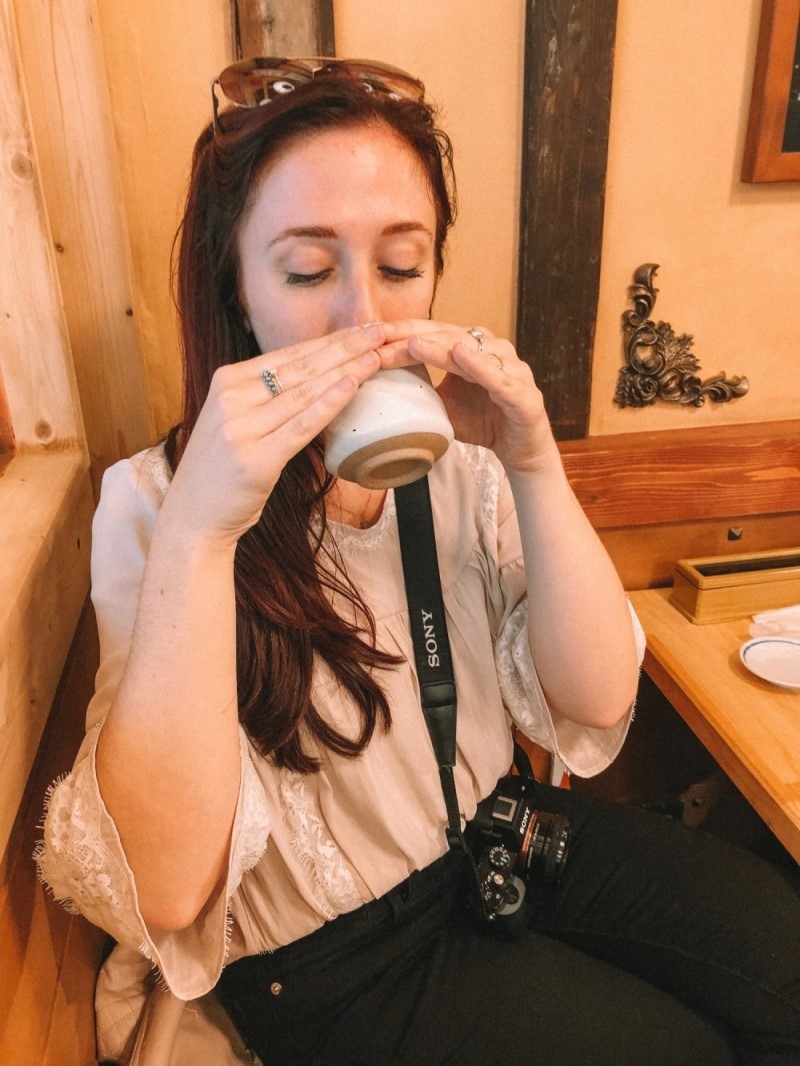

Japanese Food Culture
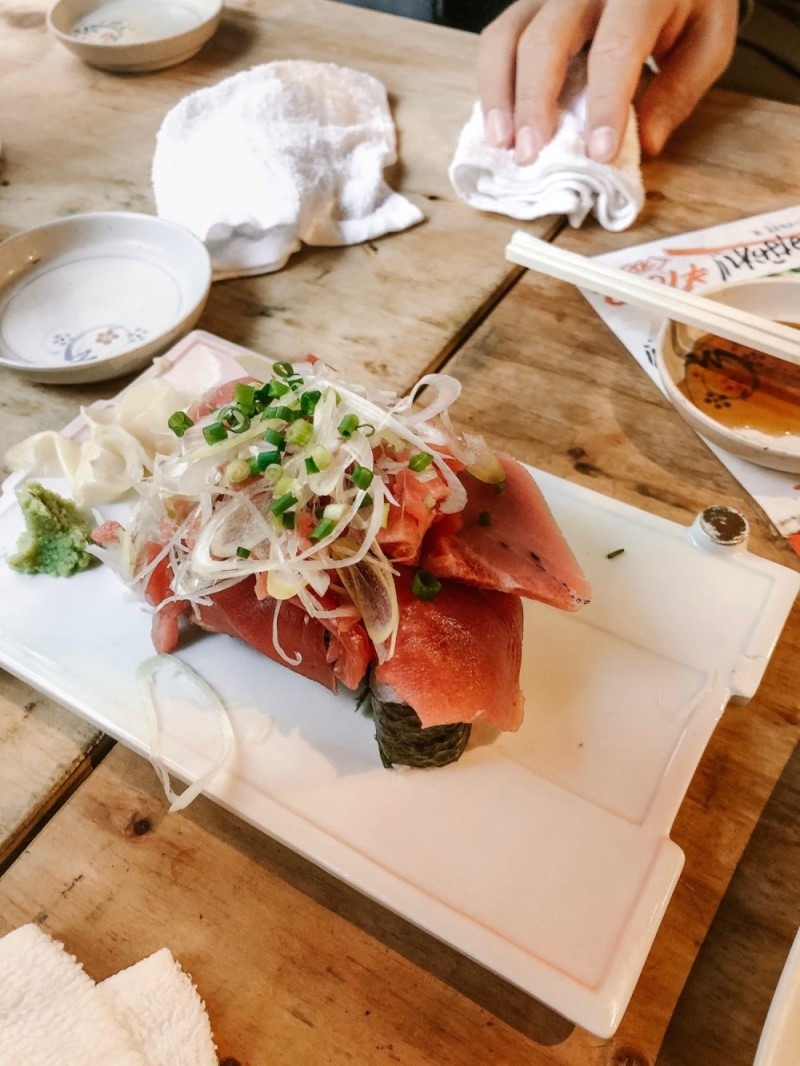

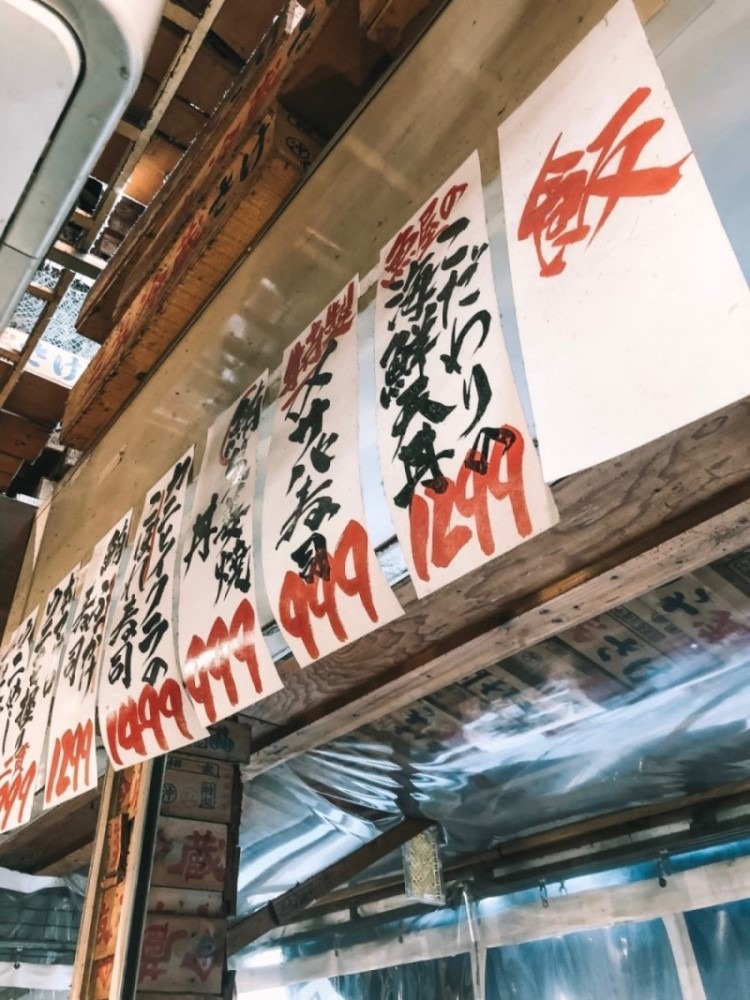

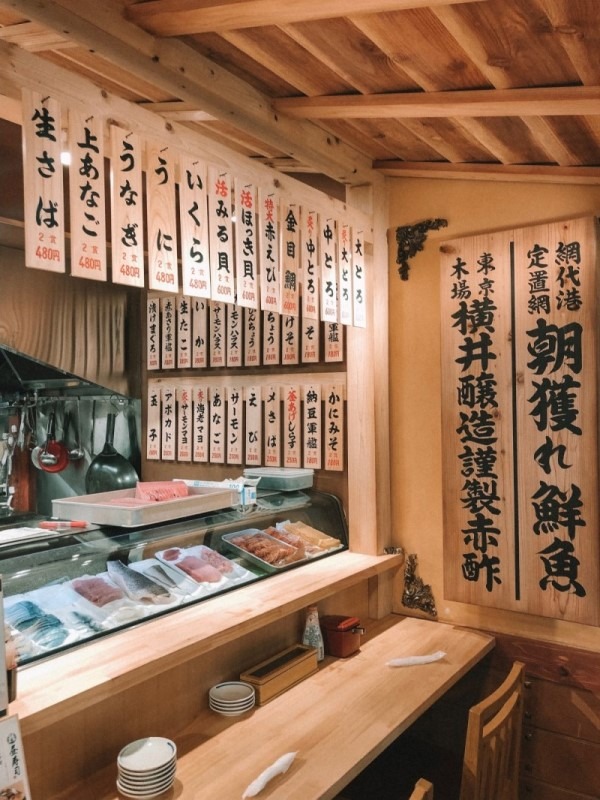

5) Soy sauce should be used lightly
The Japanese cook with pride & dousing your rice in soy sauce translates to the chef and restaurant owner that you were served poorly made food
6) No need to tip
The Japanese are extremely kind (more on this below) and will provide excellent service regardless, so there is no cultural norm to tip. In fact, most will try to awkwardly give you back your tip if you leave one
7) Don’t pour your own drinks
Your host/ess or friend should make sure your glass is always full, and you should do the same for them- Kanpai! (cheers)
8) Vending machines are everywhere and are filled with unique beverages
Drinks on the go is a lifestyle here, however the use of plastic doesn’t make this a sustainable tactic
9) Speaking of drinks, tea is the drink of choice in Japan
Most restaurants will supply you with hot green tea, just like you would receive a glass of water in western culture. And there are many delicious teas to try besides green tea.
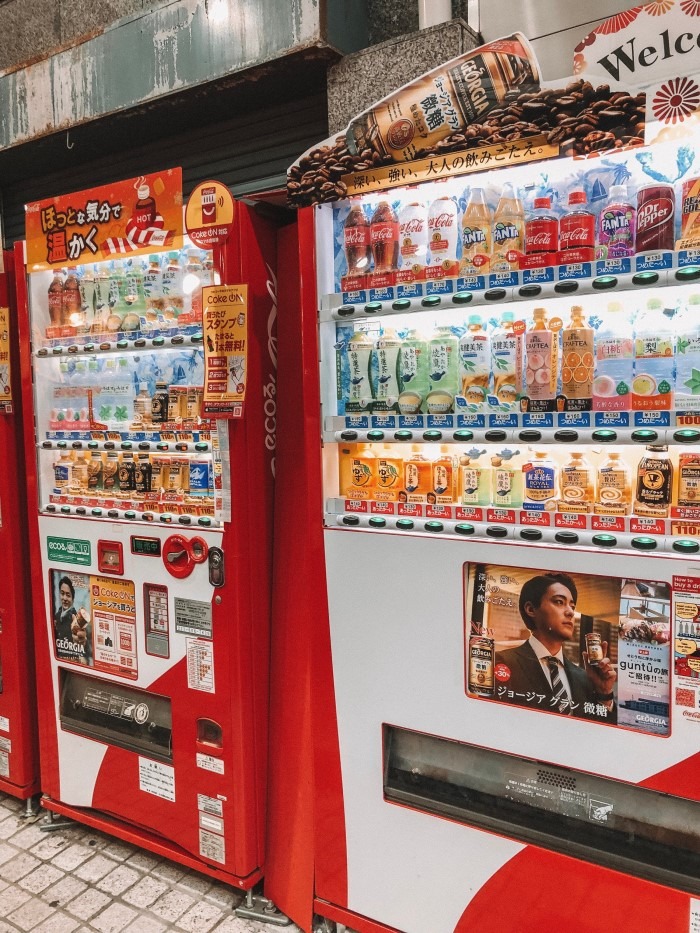

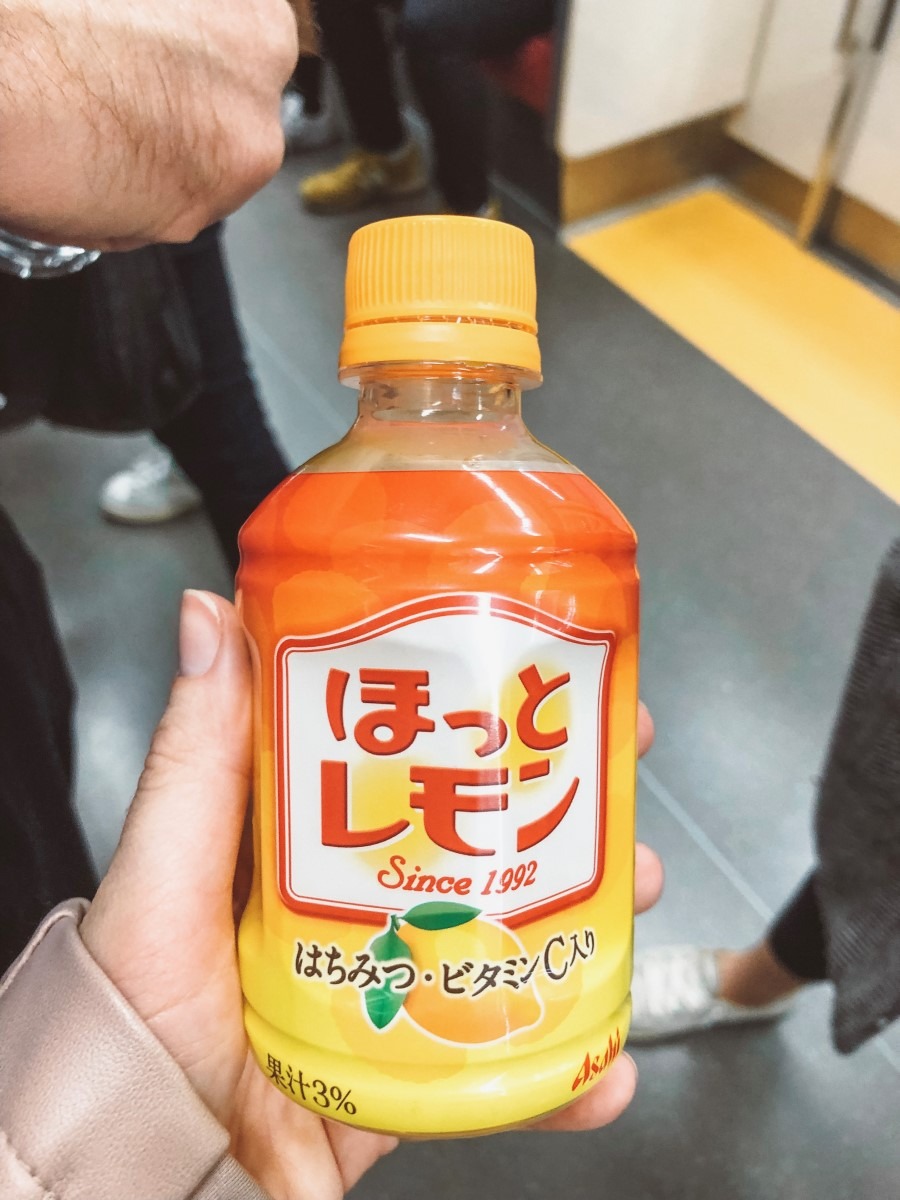

Japanese People & Mannerisms
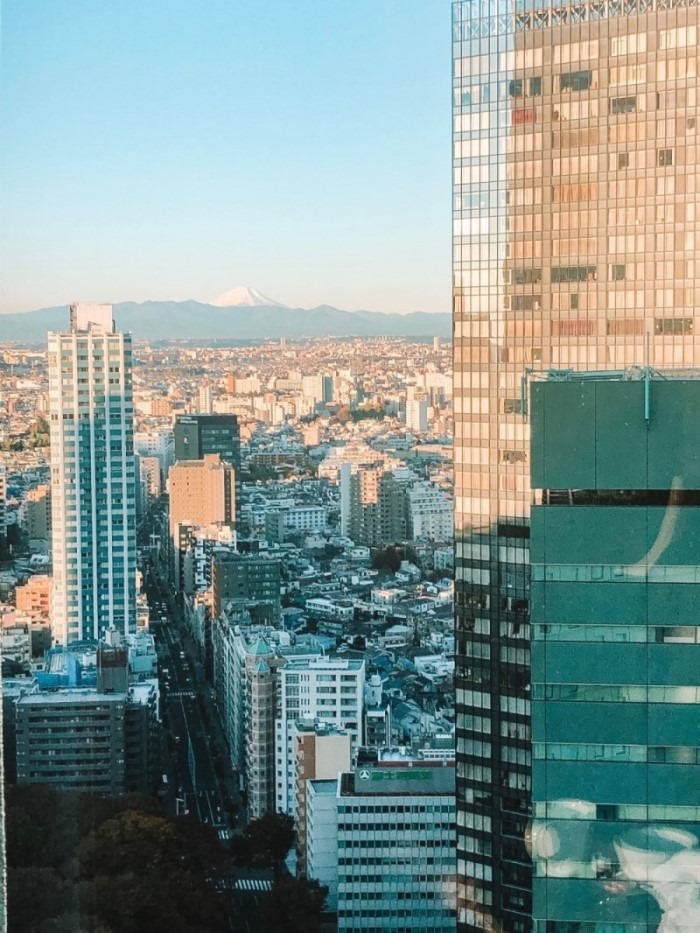

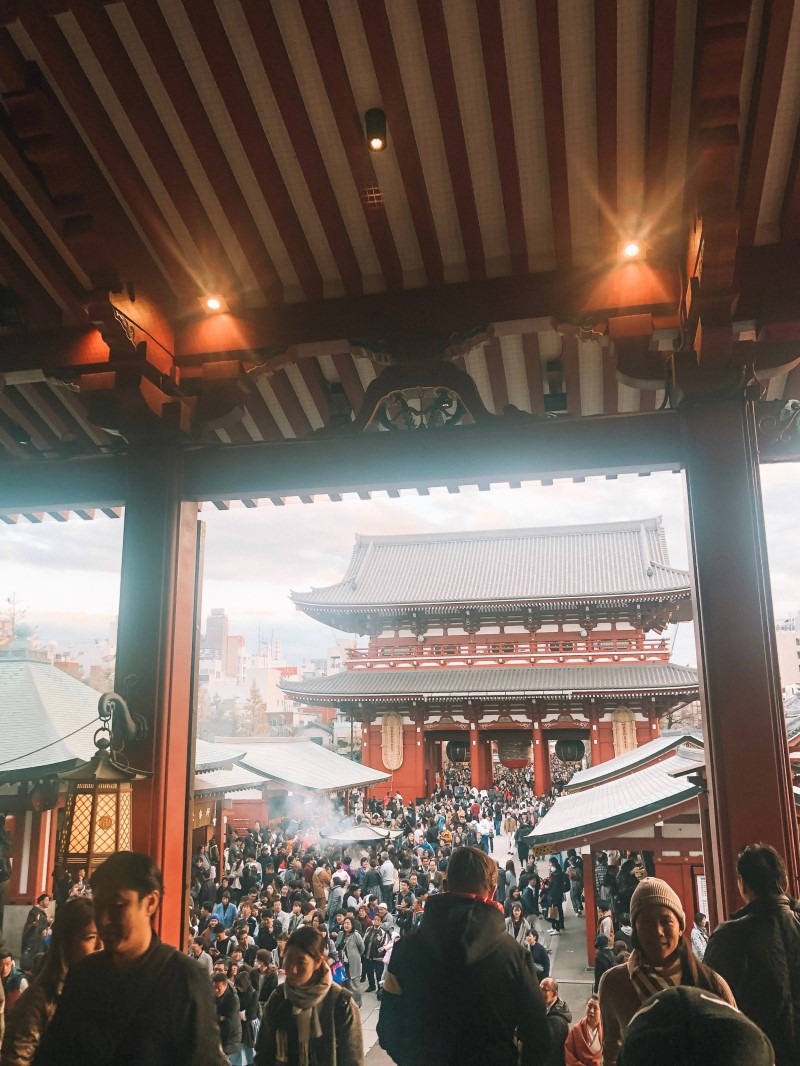

Overall Japanese Culture
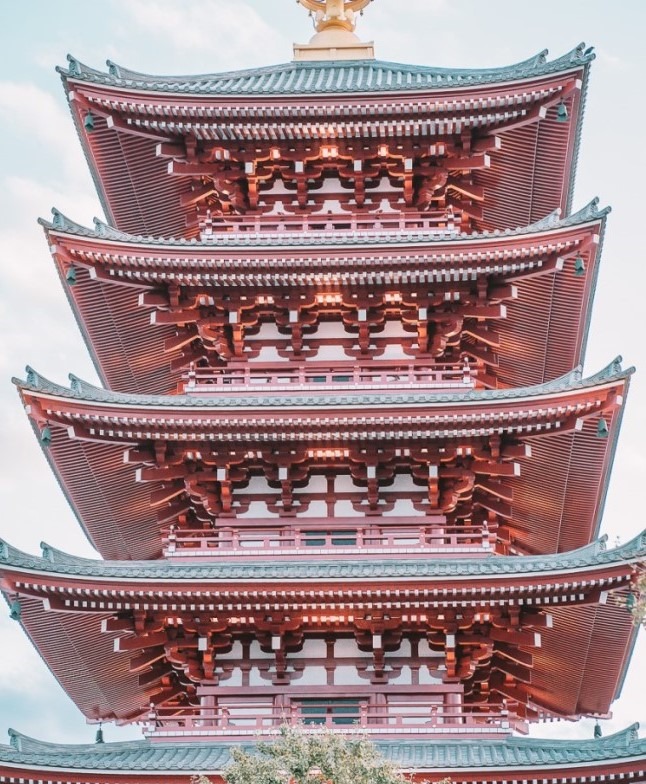

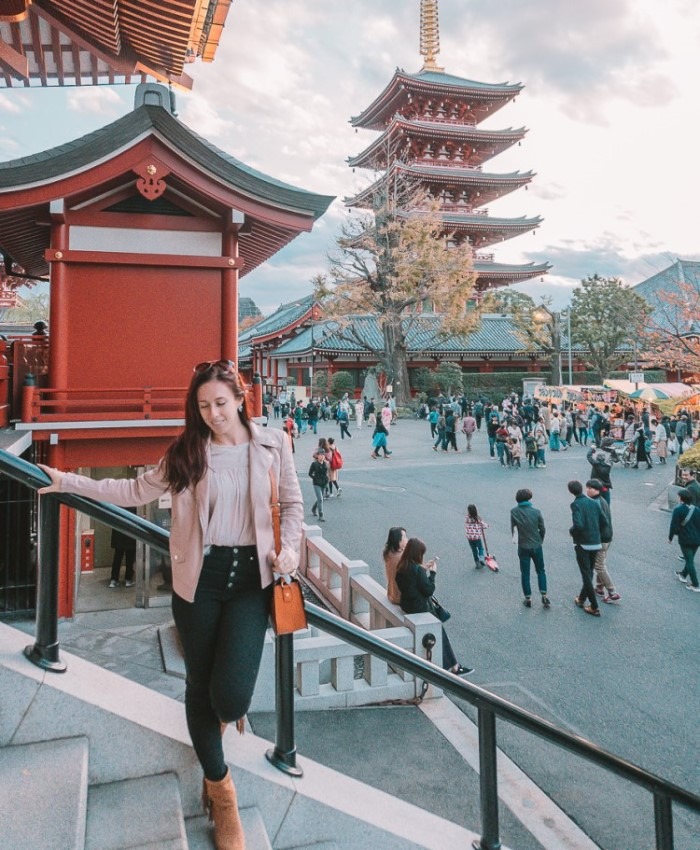

Interesting Cultural facts about Japan
[If you’re planning a trip to Japan, then don’t miss this Weekend Itinerary for Tokyo, Japan. No trip to Japan is complete without experiencing this incredible city]
Pin me for Later!



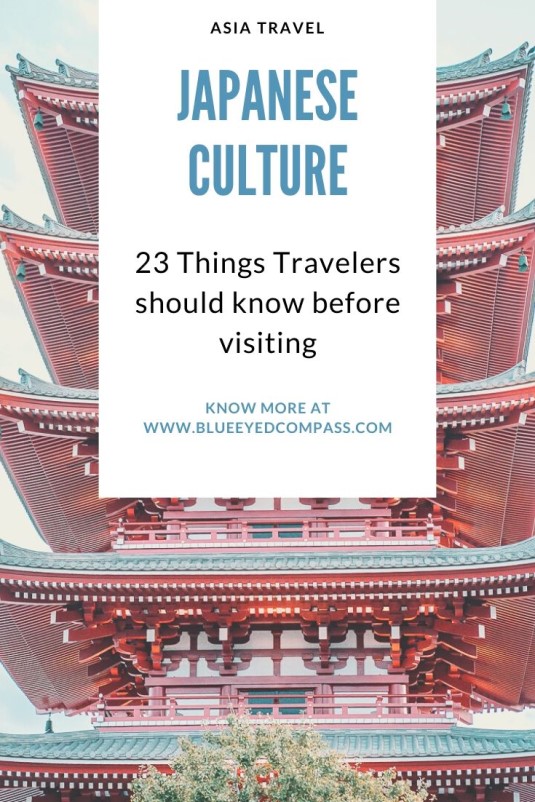

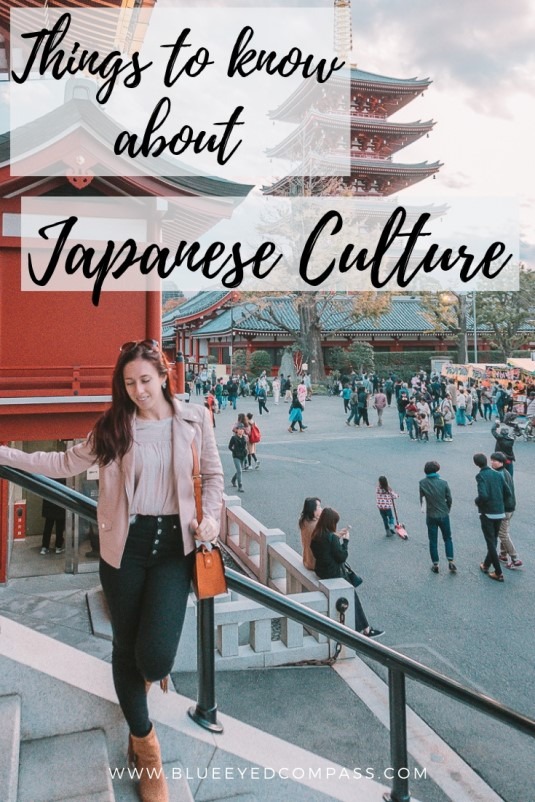

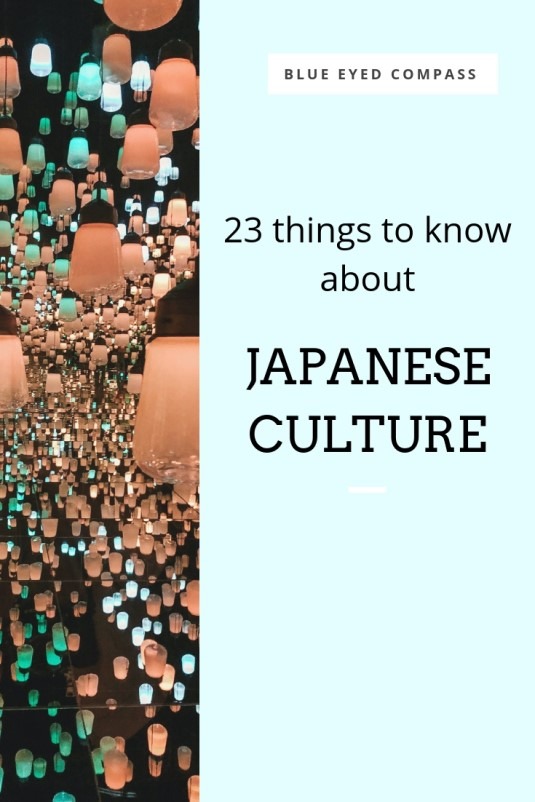

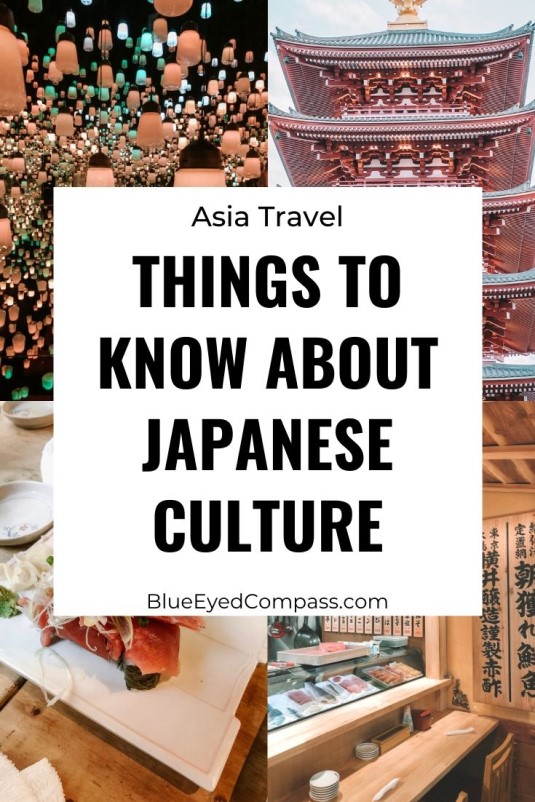

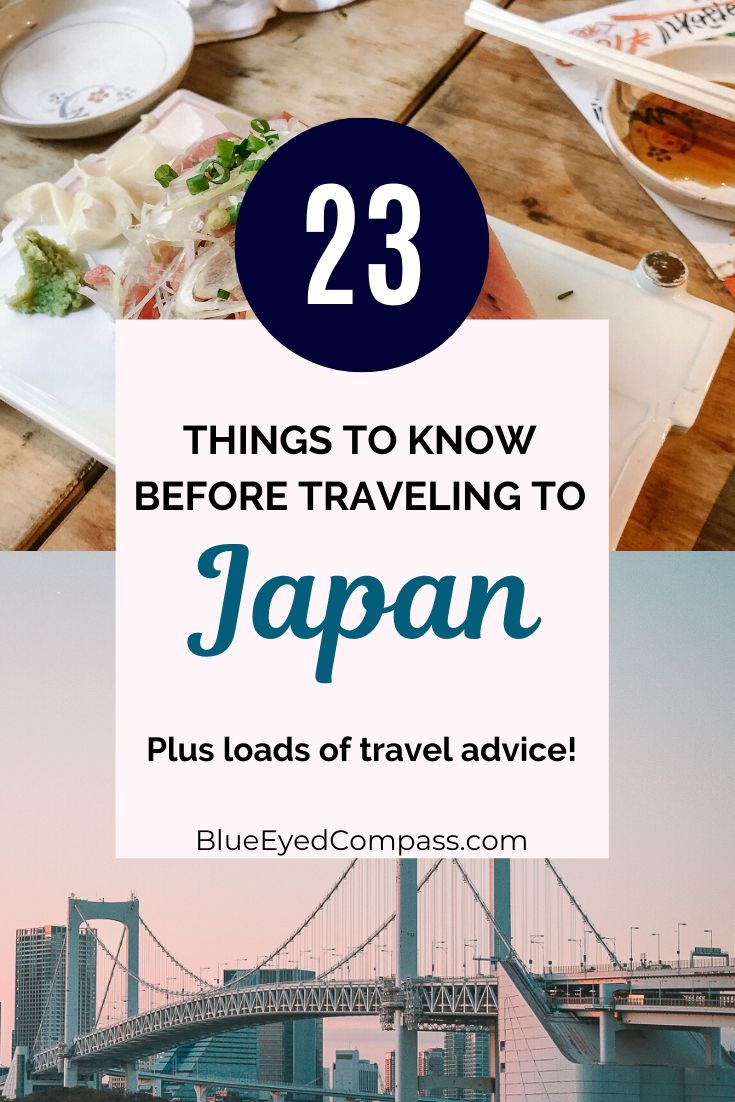

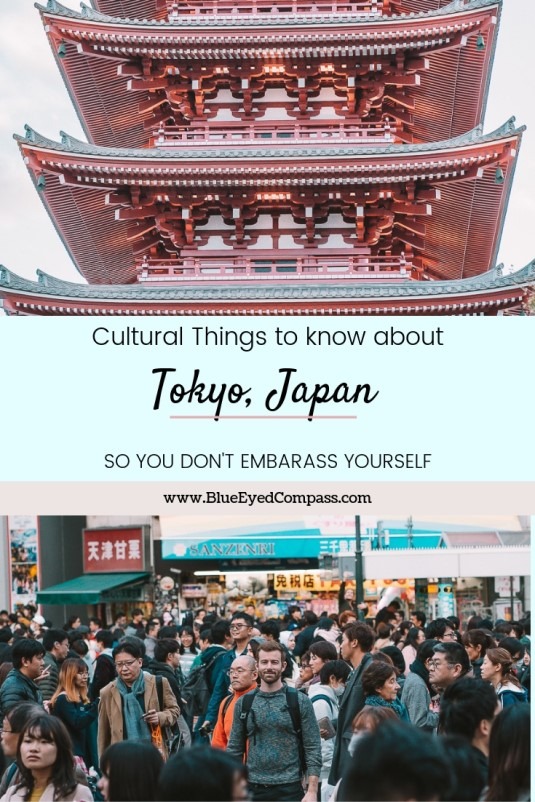

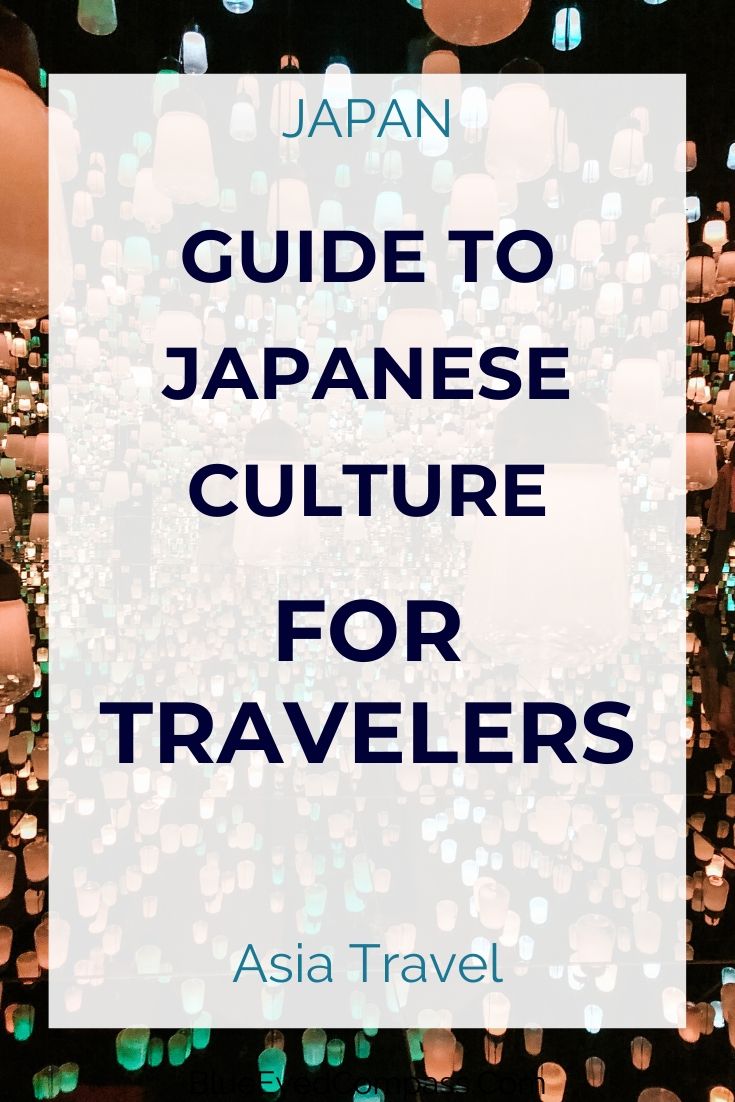

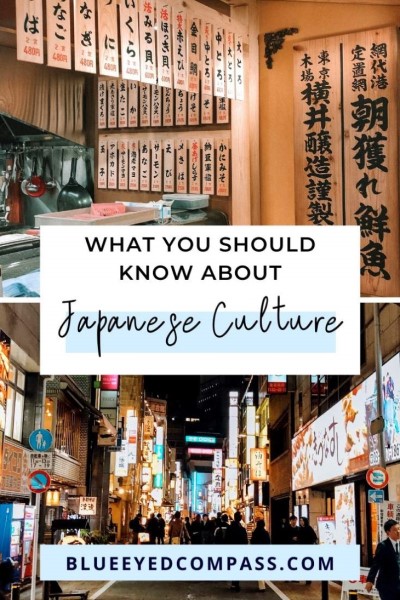

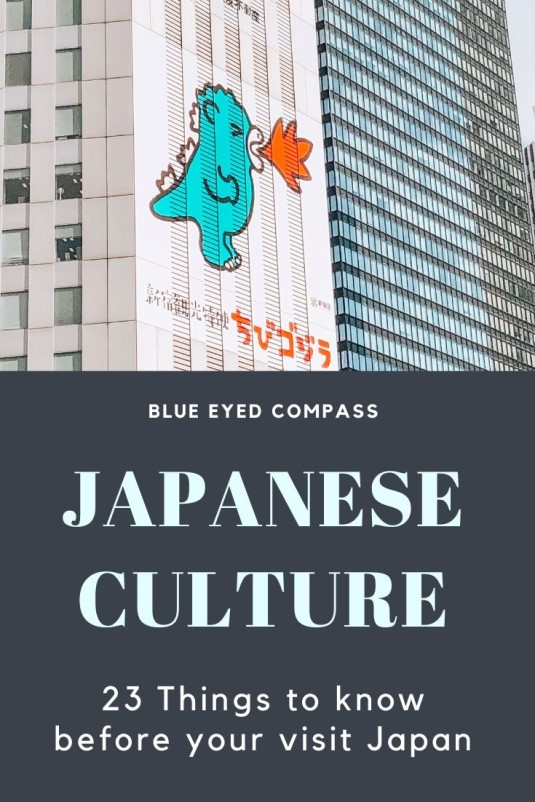

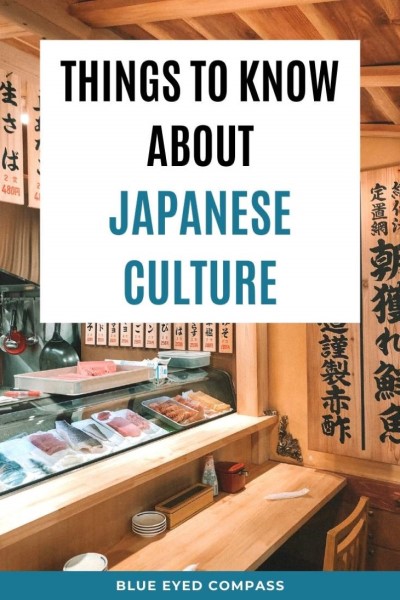

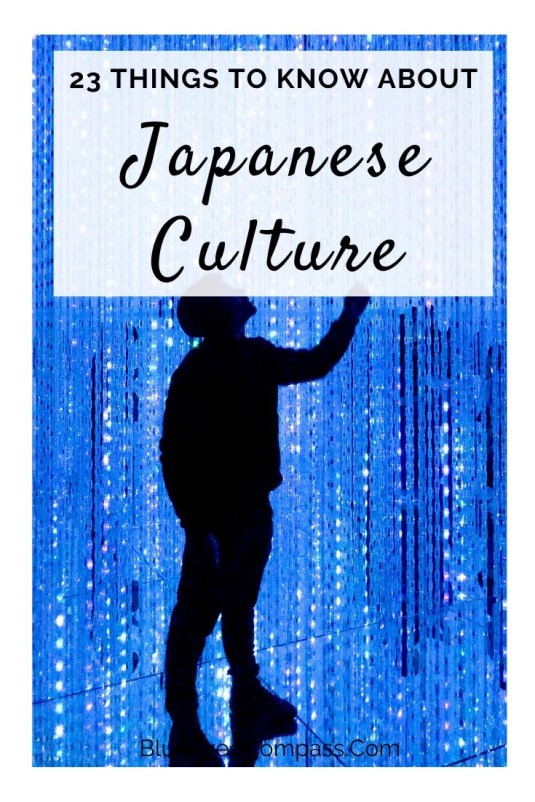

Follow Along




